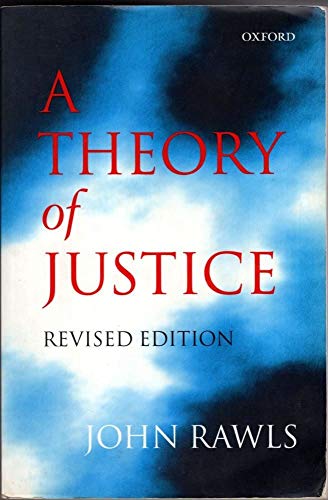

Therefore in a just society the liberties of equal citizenship are taken as settled the rights secured by justice are not subject to political bargaining or to the calculus of social interests. It does not allow that the sacrifices imposed on a few are outweighed by the larger sum of advantages enjoyed by many. For this reason justice denies that the loss of freedom for some is made right by a greater good shared by others. Each person possesses an inviolability founded on justice that even the welfare of society as a whole cannot override.

A theory however elegant and economical must be rejected or revised if it is untrue likewise laws and institutions no matter how efficient and well-arranged must be reformed or abolished if they are unjust. Justice is the first virtue of social institutions, as truth is of systems of thought. My guiding aim is to work out a theory of justice that is a viable alternative to these doctrines which have long dominated our philosophical tradition. I also take up, for purposes of clarification and contrast, the classical utilitarian and intuitionist conceptions of justice and consider some of the differences between these views and justice as fairness. The compact of society is replaced by an initial situation that incorporates certain procedural constraints on arguments designed to lead to an original agreement on principles of justice. I then present the main idea of justice as fairness, a theory of justice that generalizes and carries to a higher level of abstraction the traditional conception of the social contract. I begin by describing the role of justice in social cooperation and with a brief account of the primary subject of justice, the basic structure of society. Unavoidably there is some overlap between this and later discussions.


The exposition is informal and intended to prepare the way for the more detailed arguments that follow. In this introductory chapter I sketch some of the main ideas of the theory of justice I wish to develop.


 0 kommentar(er)
0 kommentar(er)
